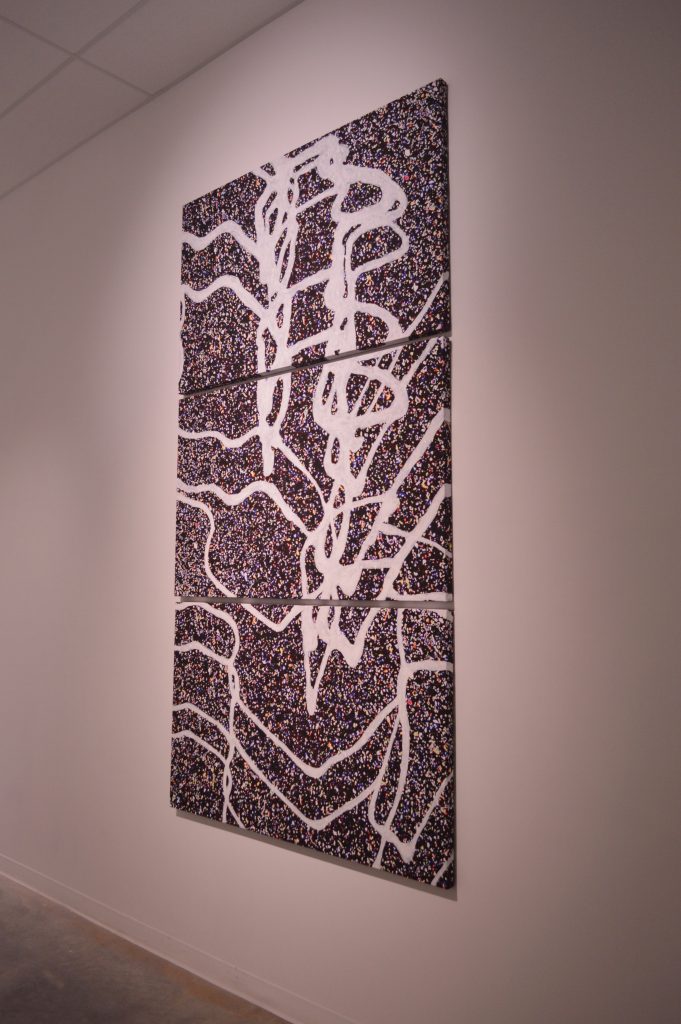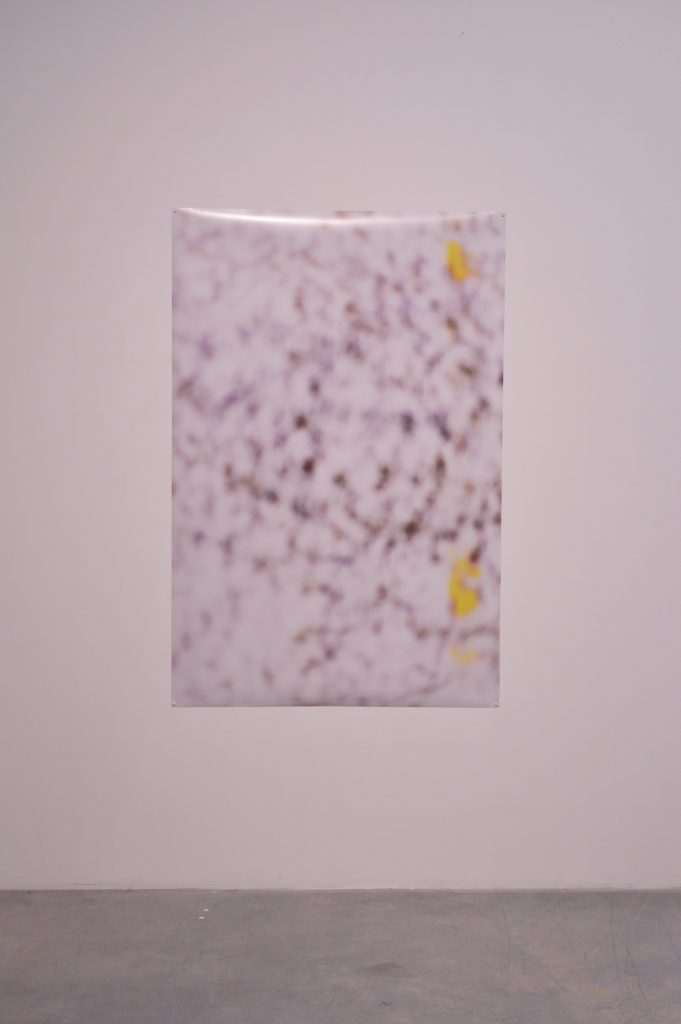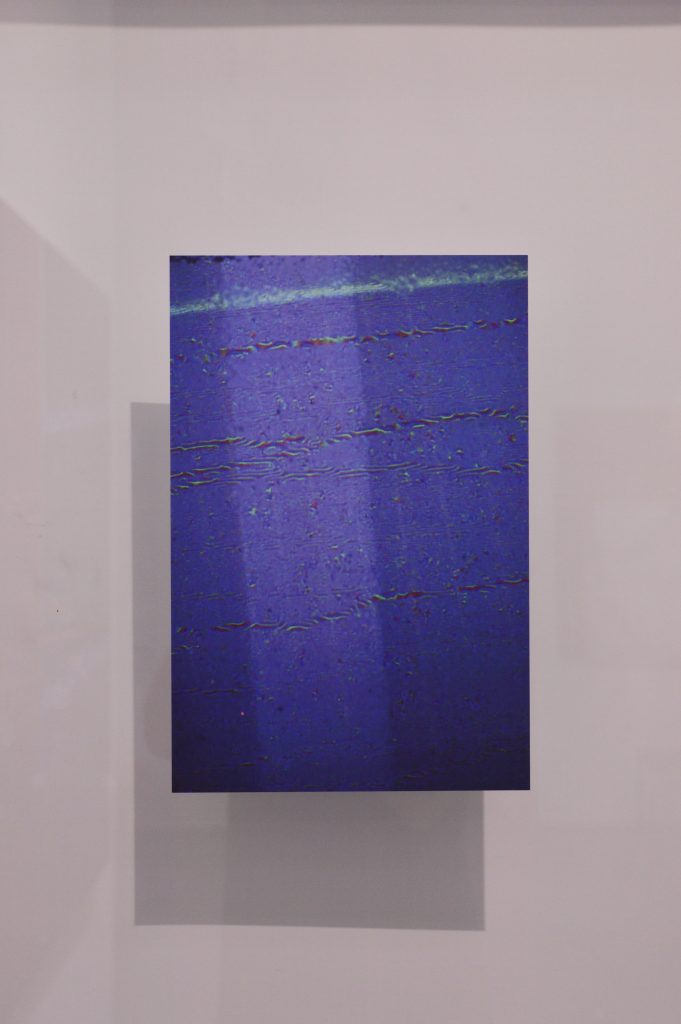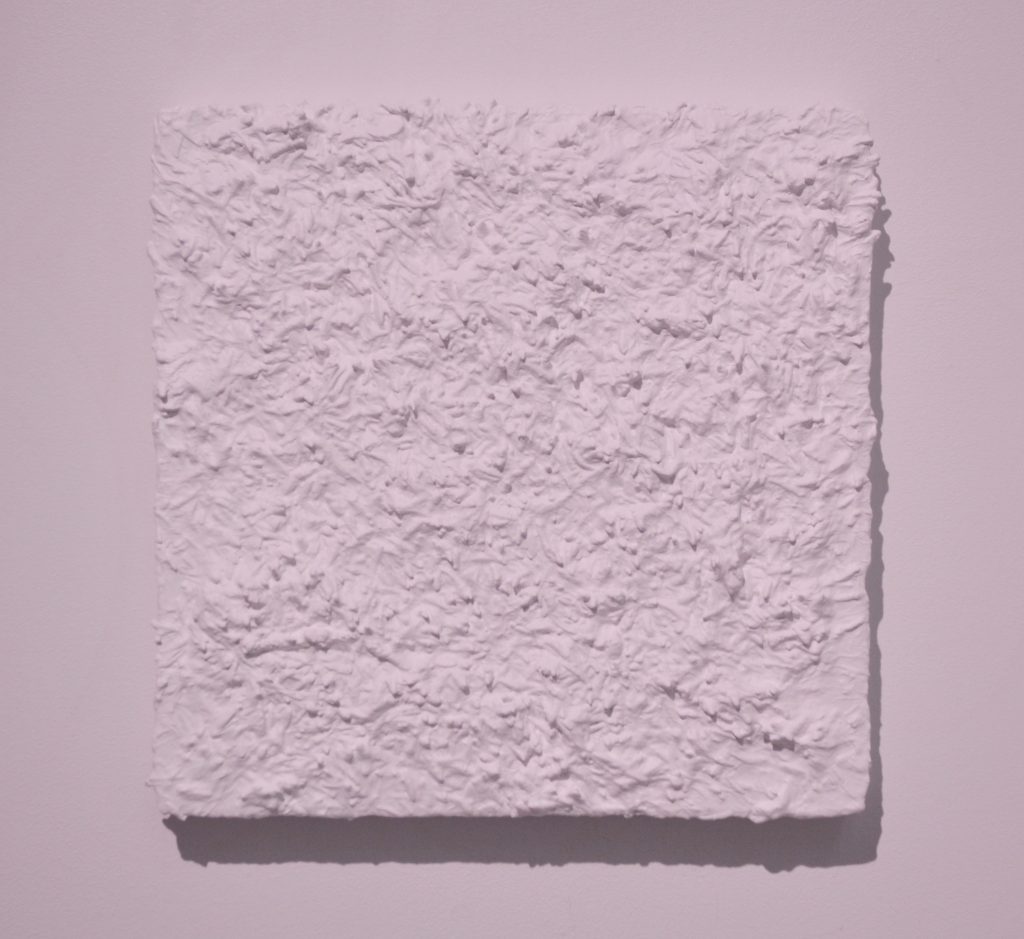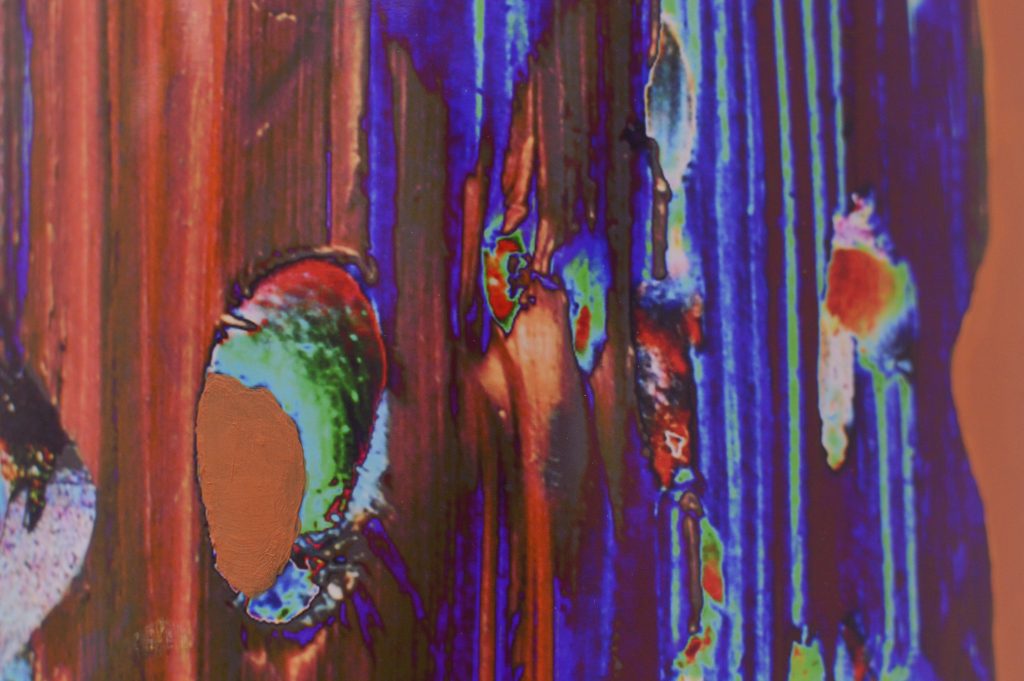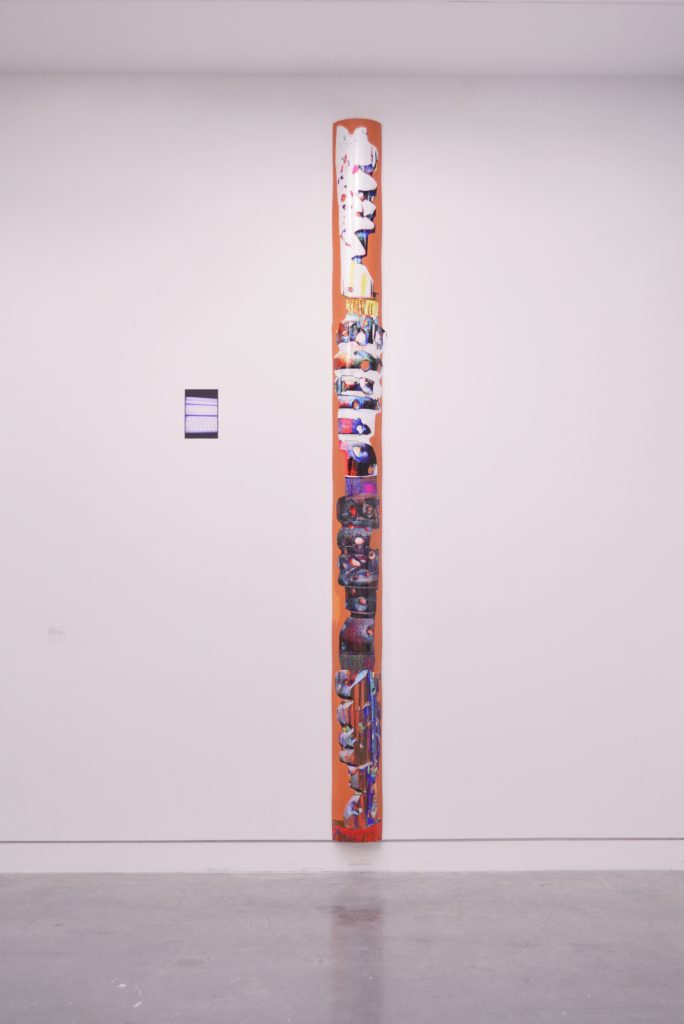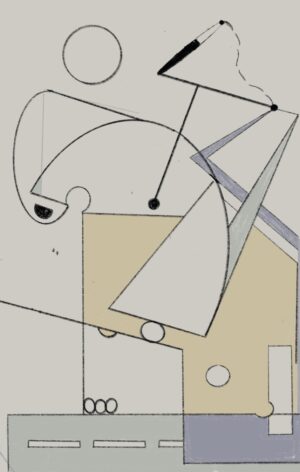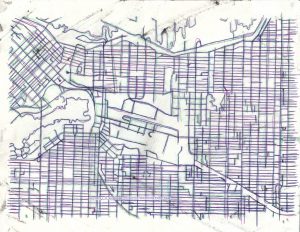Anarchist Dreams
Kyle Scott
“…organizational reason…forces everything to justify itself in terms of meaning and effect. It is causing meaninglessness to disappear at the lowest level of art just as radically as meaning is disappearing at the highest” (114).
Max Horkheimer and Theodor W. Adorno Dialectic of Enlightenment
“Primary and secondary retentions are psychic realities – the first belonging to the present time of perception and the second to the past time of memory. Tertiary retentions are artificial retentions, not psychic but technical, such as archives, recordings, and technical reproductions in general…With “broadcast analogue tertiary retention”, the industrial-temporal-object-consciousness adheres to its object, and is at it from their side – frequently in the millions, sometimes in the tens of hundreds of millions. Analogue tertiary retentions possess this synchronizing power to such an extent that they end up profoundly modifying the secondary retentions constituting psychic individuals – who are nothing other than their own secondary retentions inasmuch as they singularly project secondary protentions. Viewers, who are synchronized with each other by repeatedly watching the same programmes as one another, tend therby to find their secondary retentions homogenized. In this way, they lose the singularity of the criteria by which they select the primary retentions that they see in the programmes that they interiorize, their protentions being transformed little by little into behavioural stereotypes concretely expressed in the form of purchasing behaviour (22-23).
Bernard Stiegler The Age of Disruption: Technology and Madness in Computational Capitalism
“In the dimension of formal subsumption, the labour process is not changed, even if it is subjected to the economic domination of the capitalist. In order to increase relative surplus value (the amount of surplus value produced in the unit of time), the capitalist introduced technological changes in the labour process so as to increase the intensity of exploitation and finally the amount of surplus value. This transformation marks the passage from formal to real subsumption. In the first phase the capitalist simply expropriates the work of the product of his/her work. In the second phase the capitalist transforms the labour process to intensify the rhythm of production. Real subsumption coincides with introduction of labour productivity, and the replacement of physical acts of material transformation. Automation is the ultimate form of subsumption, as human time is automatically captured by the flow. Automation today is invading the very sphere of cognition (memory, learning and decision), so paving the way for the ultimate form of subsumption: what I call “mental subsumption”. Power at this point takes the form of bio-power, as it is embodied in the neuro fabric of social life itself. However, this process of emergence of bio-power is far from linear or uncontroversial. While technology subsumes and reshapes concatenation among brains in the bunkered space of the digital network, the living body of the planet inhabits the physical space that stretches outside of that bunker. This separation amounts to a loss of social consciousness, a dissolution of social solidarity and finally to a politics of belonging, aggression and war” (106-107).
Franco “Bifo” Berardi Futurability: The Age of Impotence and the Horizon of Possibility
“…analogue tertiary retention, [produces] a standardization of psychic secondary retentions and a loss of the primordial narcissistic of the Is and the wes that television aims to tele-vise, but the elimination of individual and collective protentions. These are replaced by automatic protentions derived from the automatic analysis of the retentions self-produced by internet users, and decomposed through a process of the automated “dividuation” of the digital traces produced by everyone. Hence it is that the data economy comes to replace the industry of cultural goods…Whereas the industrial production of analogue tertiary retentions “massified” [massifiait] psychic secondary retentions by replacing them with standardized collective secondary retentions, thereby eliminating the dia-chronic play that primary retentions make possible (a play that amounts to primary selection and as such to an interpretations that is each time singular), psychic individuals themselves are the producers of digital tertiary retentions. Psychic individuals therefore find themselves in the position of producing and expressing what amounts to the preindividual funds shared on the web and platforms. Reticulated digital tertiary retention, then, gives the appearance of being essentially participatory, collaborative and contributory (25).
Bernard Stiegler The Age of Disruption: Technology and Madness in Computational Capitalism
“If things are deprived of memory, they become information or commodities. They are pushed into a time-free, ahistorical space. The storage of information is preceded with the deletion of memory, the deletion of historical time. Where time decays into a mere sequence of point-like presences…” (6)
Byung-Chul Han The Scent of time
“… we are completely de-externalized into a “pure surface”, exposed to the incoming rays of all “influent networks”. This forced transparency eliminates every gap of vision and information, handing everything over to complete visibility. It causes all spaces of retreat and protection to disappear; thus everything moves threateningly close to us. There is nothing to shield us. We ourselves become no more than transits amid the global network. Transparency and hypercommunication deprive us of any protective inwardness. Indeed, we relinquish them voluntarily and expose ourselves to digital webs that penetrate, illuminate and perforate us. Digital over-exposure and nakedness create a latent fear that stems… from the excess of positivity. The transparent hell of sameness is not devoid of fear; what is frightening is precisely the increasingly strong roaring of the Same” (35).
Byung-Chul Han The expulsion of the other
“Desires, expectations, volitions, will and so on”: everything that for individuals forms the horizon of their future, constituted by their protentions, is outstripped, overtaken and progressively replaced by automatic protentions that are produced by intensive computing systems operating between one and four million times quicker than the nervous systems of psychic individuals” (33).
Bernard Stiegler The Age of Disruption: Technology and Madness in Computational Capitalism
“What dominates today is not the uniformity of “every Other is like to the next” that characterizes the “they”. That uniformity gives way to the diversity of opinions and options. Diversity only permits differences that conform to the system; it constitutes an otherness that has been made consumable. And it perpetuates the Same more efficiently that uniformity does, for its apparent, superficial variety obscures the systemic violence of the Same. Variety and different options create the illusion of an otherness that, in reality, does not exist…The authenticity of otherness, on the other hand, takes place within the order of everydayness. The authentic self is a commodity form of the self. It realizes itself through consumption” (28-29).
Byung-Chul Han The expulsion of the other
“In a desert, the whole expanse is ours to survey and order…” (130).
Neil Evernden The Social Creation of Nature
Anarchist Dreams (2021) – Inkjet on backlit film / Acrylic and inkjet mounted on Douglas Fir plywood. 9 x 6 inches / 144 x 8 inches.
